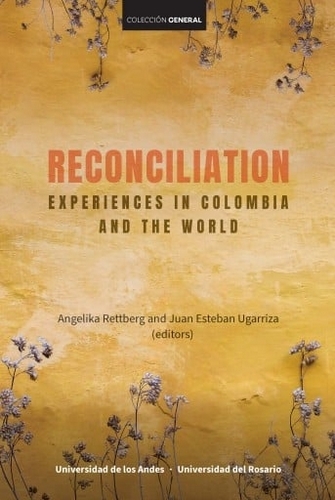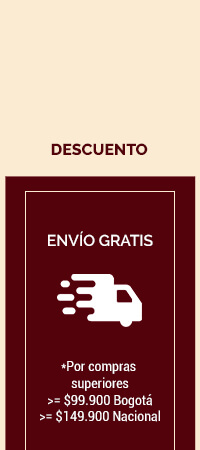




HOW MUCH PROGRESS has Colombia made in terms of reconciliation after the agreement that put an end to the armed conflict between the state and the Fuerzas Armadas Revolucionarias de Colombia (FARC)? What can be done to promote peaceful coexistence based on social inclusion, the acknowledgment of difference, and institutional consolidation? Reconciliation. Experiences in Colombia and the World addresses these issues in contexts of transition from war to peace. The book contributes perspectives based on the Colombian experience as well as on the experiences of other countries. Some of its contributors analyze the usaid and ACDI/VOCA Reconciliation Barometer data. All the authors seek to contribute to our understanding of the role of women in conflict and beyond, the relationship between peace and justice, and the nexus between reconciliation and trust.
Contents
List of Graphic Resources IX
Foreword XIII
Introduction XV
1. A Global Perspective on Reconciliation Research: Reflections From the Field of Transitional Justice 1
2. Pathways to Resilient Citizenship: A Cross-National Investigation Based on SCORE Data From Six Conflict-Affected Countries in Africa, Asia, and Europe 17
3. From Transitional to Everyday Justice in Colombia: Understanding Justicia and Convivencia in Daily Life 51
4. Empirical Questions and Findings About Reconciliation From a Psychlogical Pespective 71
5. The Politics of Peace and Justice in Colombia: implications for Reconciliation 91
6. The Colombian Barometer of Reconciliation: Partneships for Reconciiation Program USAID-ACDI/VOCA 117
7. Women and Reconciliation: A Qualitive Analysis of Gender Differences Vis-á-Vis the Peace Agreement in Colombia 145
8. What Factors Explain the Levels of Trust and Reconciliation in Post-Conflict Countries? Lessons From Colombia 167
9. Authors 201